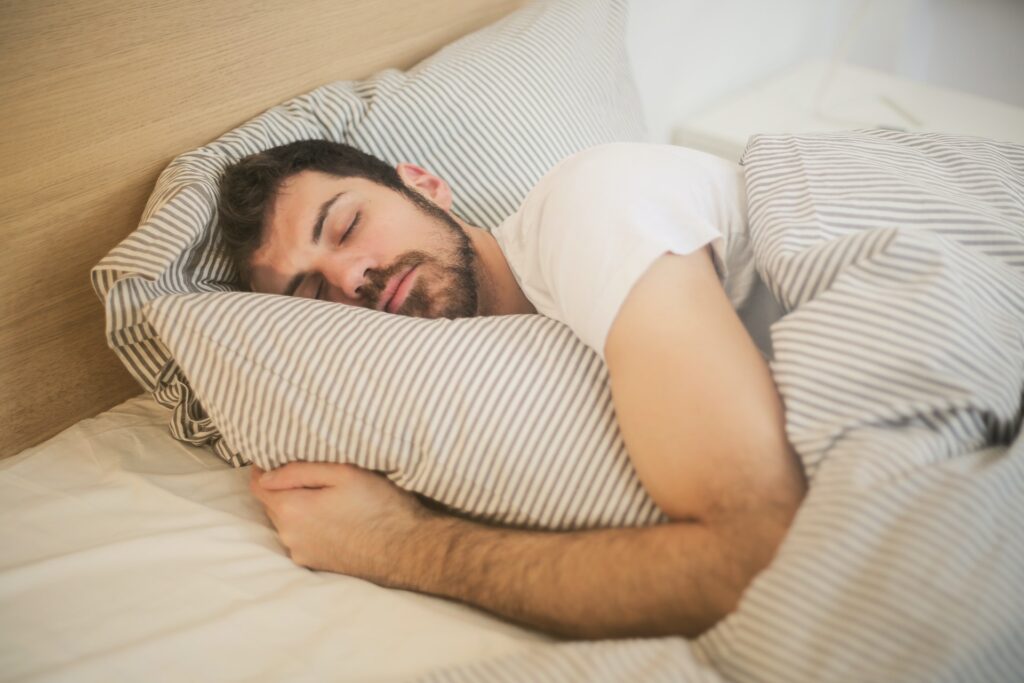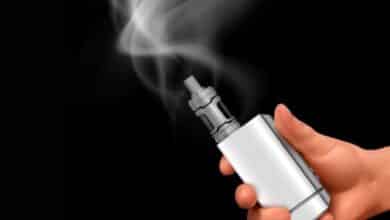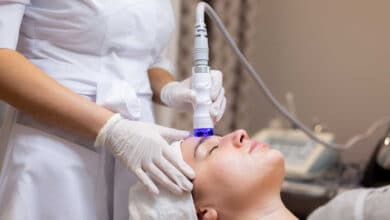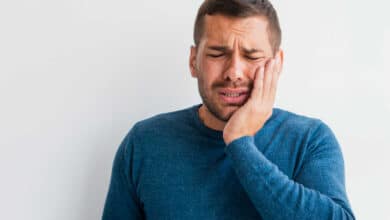
Every person may struggle to get a good night’s rest at some point in their lives. For those with an autism diagnosis, sleep remains something beyond their grasp. Many autistic individuals struggle to get to sleep at night. Those that do often wake up before getting enough rest. Certain features associated with this condition, such as repetitious behaviors, may make sleeping more of a challenge. Sadly, researchers have spent little time learning the underlying causes of this struggle.
Fortunately, manufacturers have created products that help individuals with autism. For example, some people find a weighted blanket helps them get a good night’s rest. Others choose to purchase their bed from an Autism Mattress Manufacturer, as specific mattresses may help them fall asleep and stay asleep all night. Why does sleep remain elusive for those on the autism spectrum?

Sleep Disorder Frequency in Those with Autism
Researchers conducted a study in 2019 to learn about sleep disorders in individuals diagnosed with autism. They found that 50 percent of children diagnosed with this disorder struggle with disrupted sleep. In fact, this problem is twice as common in autistic children than in children with other developmental disorders and kids with no identified disorders. While this study could not reveal cause and effect because of its observational nature, researchers identified and recorded the order in which the traits occurred. However, they did not evaluate anxiety in these children and the role it may play in sleep disturbances.
Common Sleep Problems in Autistic Individuals
Insomnia remains a problem for individuals diagnosed with autism. The average person with autism needs an average of 11 minutes longer to fall asleep than neurotypical individuals. In addition, many of them cannot stay asleep all night. They wake up multiple times. Doctors have diagnosed some autistic individuals with sleep apnea, which also comes with sleeping difficulties. However, this is only one challenge they face.
Many children cannot wind down at night and go to sleep.
Increased anxiety or an inability to relax could serve as the source of the problem. In addition, children with autism often overlook social cues, such as others going to bed in the household. Autistic individuals also frequently have sensory differences, such as increased sensitivity to sounds, that interfere with their ability to sleep. An autistic person may suffer from increased exhaustion as they experience more stress when they are in social situations.
Medical conditions might also interfere with an autistic individual’s ability to sleep at night. An individual with autism may secrete abnormal levels of melatonin, the hormone responsible for regulating sleep patterns. They might have an atypical body clock or suffer from epilepsy or another neurological condition. All could result from a gene mutation. Food allergies could lead to gastrointestinal issues and prevent the individual from sleeping or the person with autism may be overly sensitive to stimulants that interfere with normal sleep patterns.
A person with autism doesn’t get the restorative sleep they need. The rapid eye movement (REM) phase of sleep only accounts for 15 percent of an autistic individual’s sleep. This REM sleep is necessary for learning and memory retention. In contrast, neurotypical individuals spend 23 percent of their sleep in the REM stage. Why is this important?
The Consequences of Inadequate Rest
A lack of sleep can exacerbate poor social skills and other features seen with autism. Autistic children often engage in severe repetitive behaviors when they are sleep deprived and they struggle to make friends more than individuals with autism who get adequate sleep. These children often have lower scores on IQ tests as well. However, researchers cannot say if these problems are the result of inadequate sleep. They may contribute to the sleep disorders or it could be a combination of the two.
Assessing Sleep Disorders in Autistic Individuals
Doctors often recommend a polysomnography test for individuals struggling with sleep disorders. This thorough test remains the most commonly used measure of a person’s sleep. Multiple sensors track the individual’s eye and limb movement, their breathing patterns while asleep, and their brain waves. However, it often isn’t appropriate for those with autism.
Autistic individuals frequently can’t undergo a polysomnography test because they have specific bedtime routines. The sleep assessment team would need to bring the equipment to the home to get accurate results.
Rather than taking this step, doctors may recommend the actigraphy sleep test. This device is placed on the wrist of the patient and will record their movements. The patient never leaves the home and the doctor learns more about their sleep patterns.
In addition, the doctor might ask the patient’s family to maintain a sleep diary. However, the diary may not be accurate. Doctors must consider this when evaluating the information.
Sleep Disorder Treatments
Individuals want to know if there is any help for those with autism who suffer from sleep disorders. Every autistic person needs a bedtime routine they can follow, as this will help them fall asleep. Changing the temperature in the bedroom or the lighting could make a significant difference in the person’s sleep habits. In addition to a bedtime routine, autistic individuals need to go to bed and get up at the same time each morning. This helps make their sleep more reliable.
Certain medications may also help these individuals get a good night’s sleep. However, the U.S. Food and Drug Administration has only approved Ambien for use in adults. Autistic individuals who suffer from sleep apnea may benefit from the use of a continuous positive airway pressure or CPAP machine to help them breathe at night.
Melatonin supplements help many autistic individuals sleep. Children may use these supplements to fall asleep sooner at night and sleep better. Work with a doctor to determine the right dose for the individual.
Improved Quality of Life?
While research has yet to show adequate sleep would improve the quality of life for those with autism, scientists have seen promising results. Autistic children who undergo surgery to improve their breathing while they sleep engage in fewer repetitive behaviors. In addition, their social communication improves, as does their attention. However, parents say they saw similar improvements when their autistic children took melatonin supplements.
While more sleep and sleep of better quality won’t cure autism, it can help in other ways. Children who get adequate sleep experience less irritability, engage in fewer problem behaviors, and learn better. Parents need to consider this when trying to help their autistic children have the highest quality of life.




